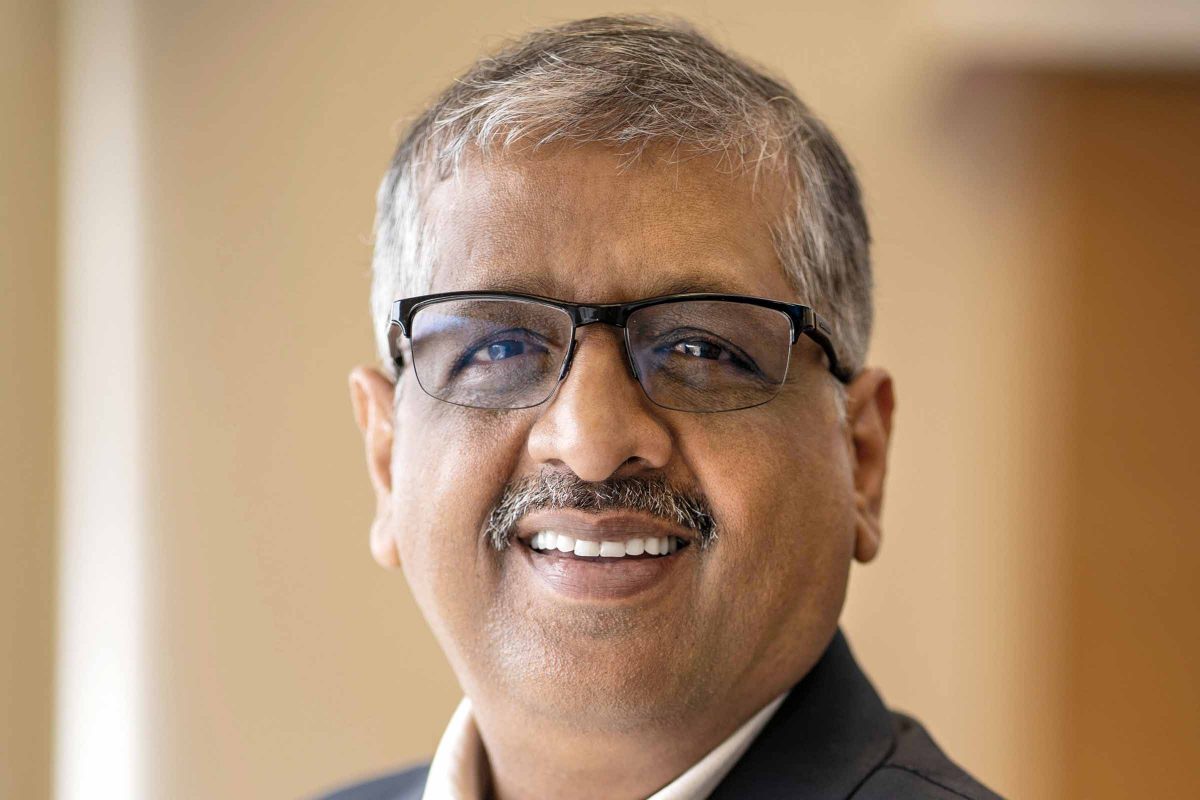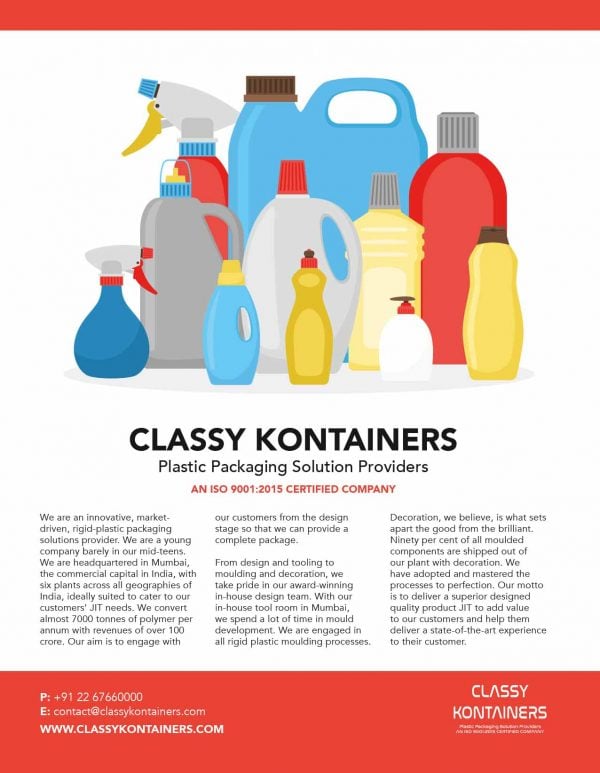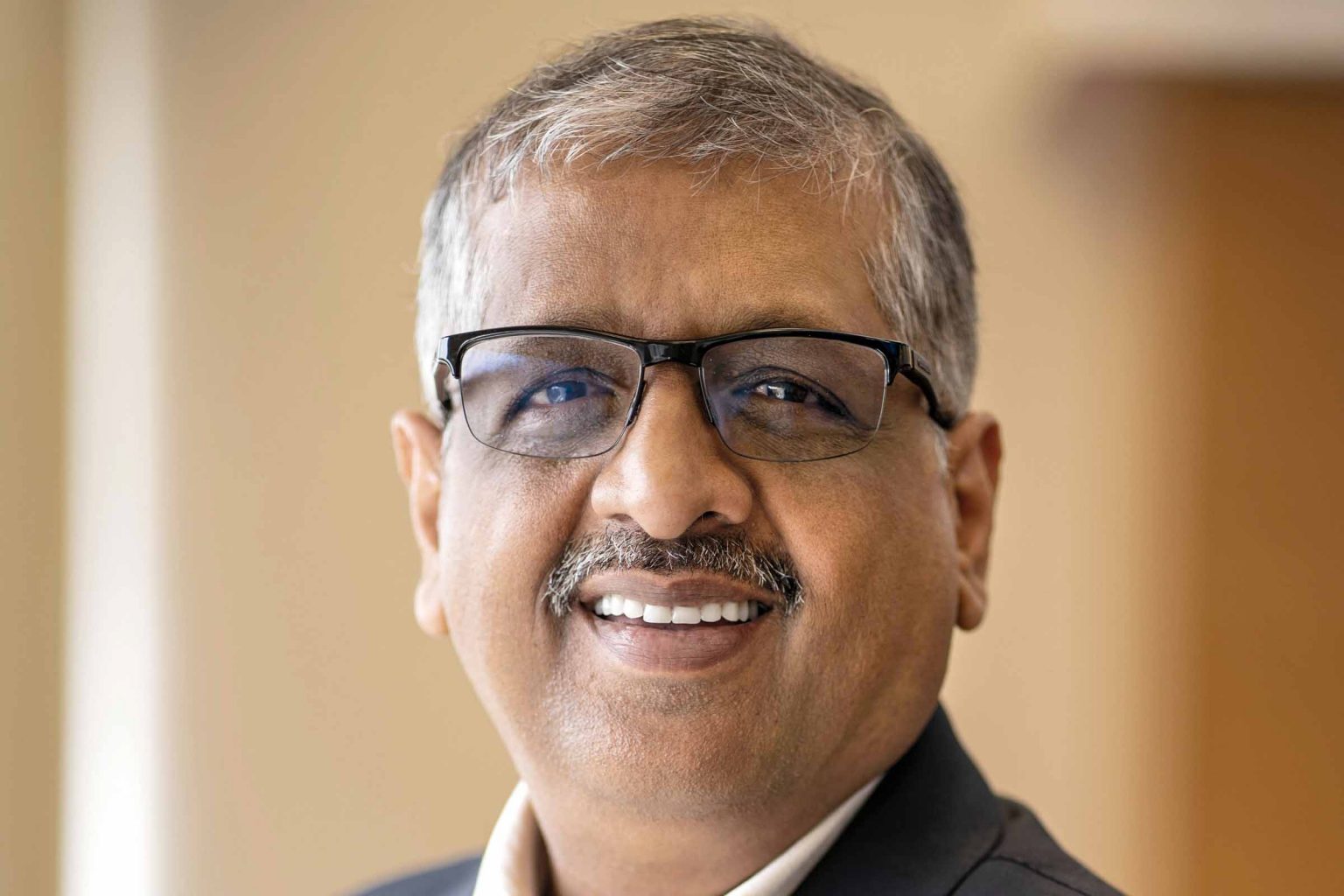The first word that comes to mind when President APAC of Diversey India Himanshu Jain describes himself is passion. “I am incredibly passionate about what I do,” he says. “I give 150% to everything I do and never do a half-hearted job.” Since The CEO Magazine last spoke with Himanshu in 2017, Diversey has seen a change of ownership, moving from public to private.

“We are now an independent company,” the president explains. “This means that we needed to adjust our teams, but we have been able to maintain our key stakeholders, employees, suppliers and customers. With change comes the opportunity to create new things. “One of my greatest tasks has been to show our stakeholders that the company’s value system has stayed largely intact,” Himanshu says.
“Some words have moved around a bit as the leadership changes, but we are still ensuring we care for employees and keep our promises.” With the shift from being a public company to private investment comes an increased ability to decide which areas to invest in and to improve. “With private investment, we have been able to make some fundamental changes to the way we do business,” Himanshu explains.
“This has helped the company move forward in getting ready for the new world we are in.” The new world that Himanshu is referring to is a sustainable way of conducting business. “Sustainability is at the core of our company,” he asserts.
“We have had an extraordinary impact. We are saving billions of litres of water for the industry. Though we are a smaller operation than some of the larger companies, the impact we can create on the environment is huge, which shows that sustainability resides in whatever we do.”
Diversey India is doing what it can to provide smart, sustainable hygiene products. It recently launched a product called SmartDose, which has the potential to replace a month’s worth of cleaning chemicals at a medium-scale site. “All you need is one litre of SmartDose, and you can take it anywhere,” Himanshu says.
“It’s an accurately measured dose with no over-consumption and no under-consumption. It allows the cleaner to be flexible, and it has saved money for our customers.” Himanshu believes that despite what goes on in the economy, the hygiene industry will continue to grow because the megatrends are intact.
“People, goods and services are moving across the world more,” he says. “Tourism is a huge industry, so the use of public spaces like airports, railway stations and public transportation is expanding at a rapid pace. We’re in a market that deals with public spaces. We don’t deal with the direct consumer or private spaces.”
The number one factor in growing the business is people, which is also Diversey India’s greatest challenge. “It can be difficult to find people with the right skills,” Himanshu says.
“While I would say the employable population is growing, finding the right talent who are engaged with your purpose and willing to learn the skills to make a difference in the world can be difficult. For example, in this world of tech, cleaning and hygiene is not the number one topic to many millennials.”
Although given the COVID-19 pandemic, this view is surely bound to change. Himanshu says he is extremely proud of the team Diversey India has created and that he gains great satisfaction from his role within the company. “Our team is engaged, with a mix of experience and enthusiasm,” he says.
“We have employees that have been with the company for 30 years, and people who have been here for one year. We try to make sure anyone who joins us stays with us for life.”
As a leader, Himanshu conducts himself with respect for people of all ages within the company, and notes that he enjoys engaging with both the young, who exhibit great potential, as well as the seasoned employees who have been with Diversey India for years. “I like to spend time with them and see what concerns them,” he explains.
“It’s important to respect and have a willingness to understand their issues, as well as showcase a high level of authenticity. “Authenticity to me is that you mean what you do and you do what you mean. Do not commit to a customer or anyone else without understanding the implications and checking your capacity to deliver.”
Proudly supported by:




